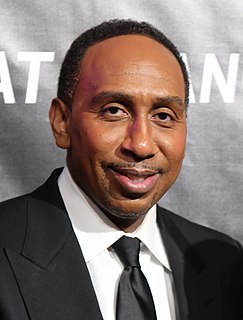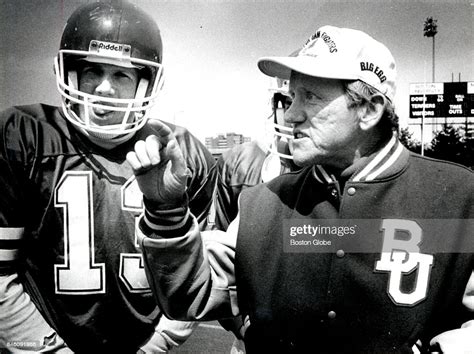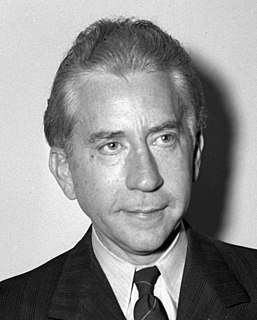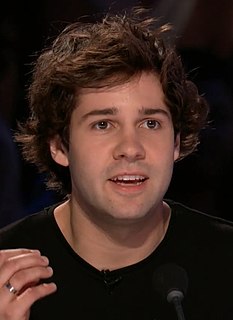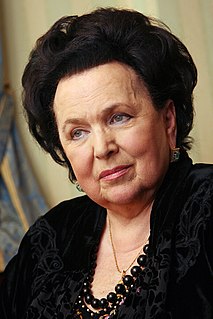A Quote by Martha Stewart
I have proven that being a perfectionist can be profitable and admirable when creating content across the board: in television, books, newspapers, radio, videos.
Related Quotes
An extraterrestrial being, newly arrived on Earth - scrutinizing what we mainly present to our children in television, radio, movies, newspapers, magazines, the comics, and many books - might easily conclude that we are intent on teaching them murder, rape, cruelty, superstition, credulity, and consumerism. We keep at it, and through constant repetition many of them finally get it.
When you think about advertising, it's understanding that whether it's newspaper, radio, or television, you have to know how to advertise, how to market, because ultimately, everything comes down to ratings and revenue or ratings and subscribers and revenue, whether it's newspapers or radio or television.
Some of our newspapers and magazines are more concerned with the welfare of their advertisers than they are with the dissemination of news and the discussion of matters of lasting importance. ...Radio, television, motion pictures, popular books - all contribute...to...the stifling of dissent on all but the most banal levels. ...a renunciation of the most basic and precious of democratic principles.





